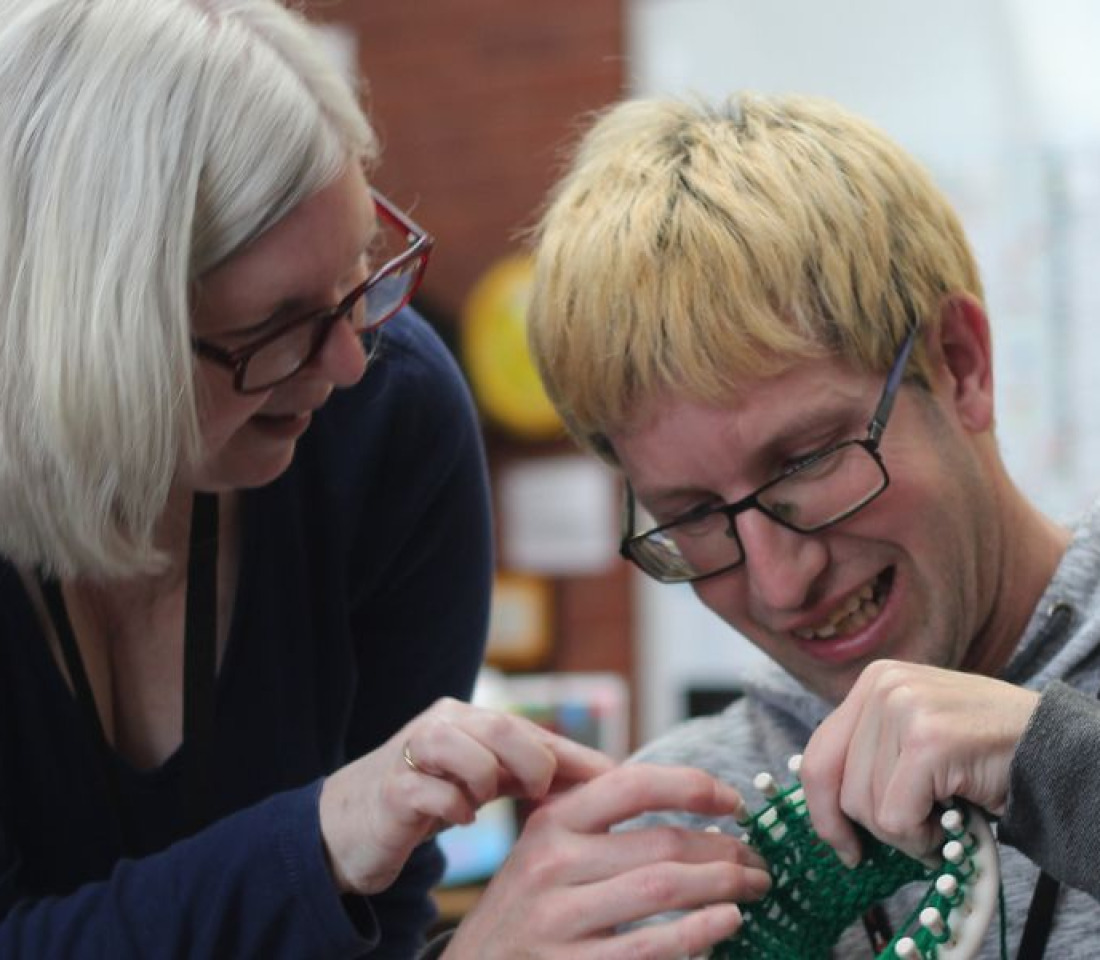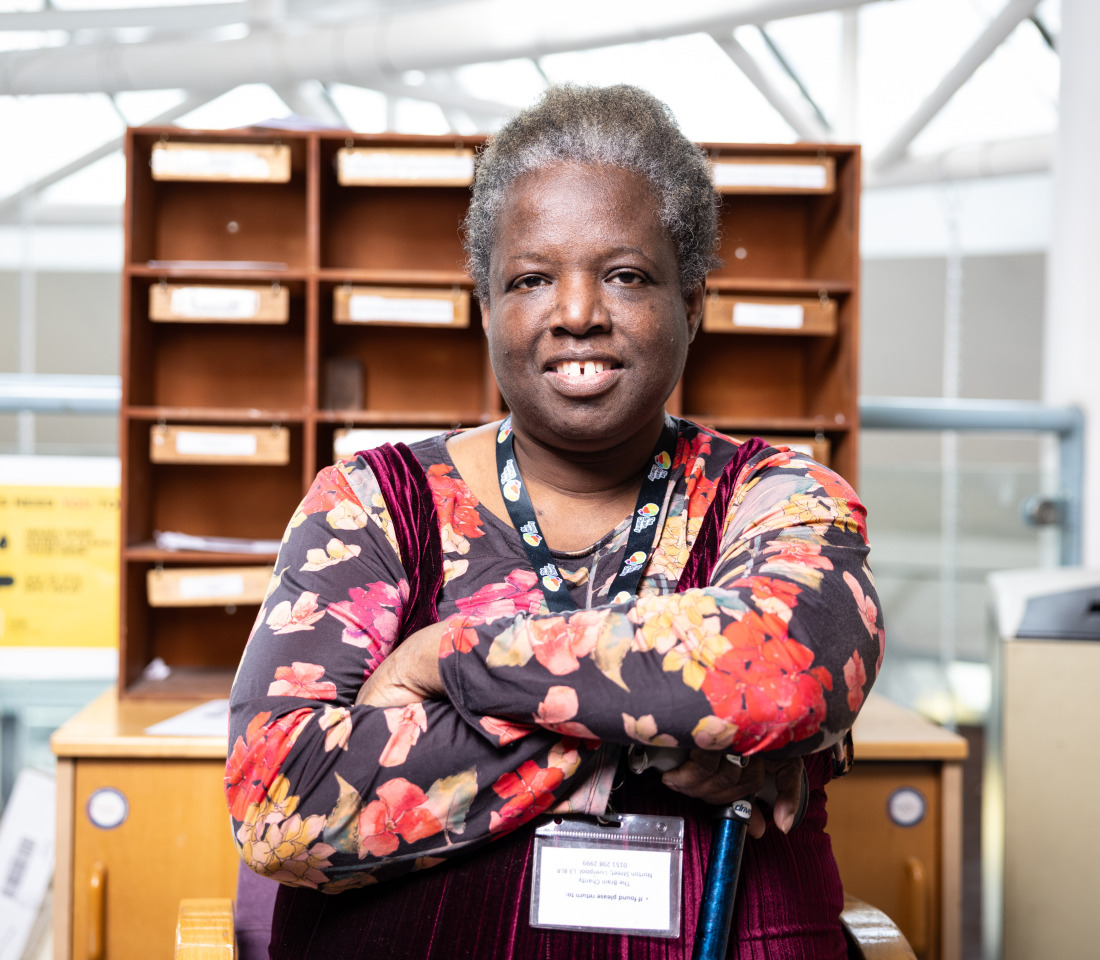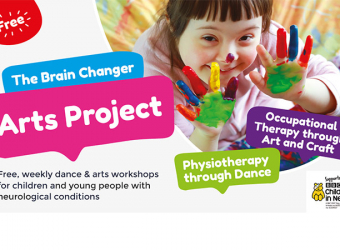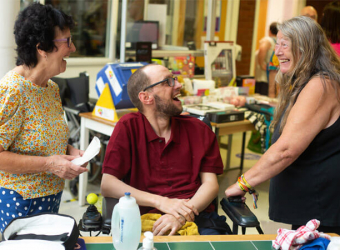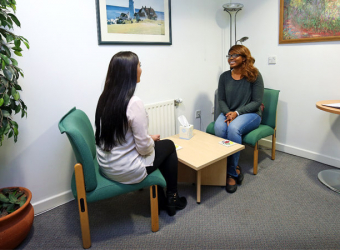What is cortical dysplasia?
Cortical dysplasia is a rare genetic condition, that affects the outer layer of the brain called the cerebral cortex. This part of the brain controls how you move, think, speak and remember.
It is usually diagnosed in childhood and is closely linked to Lennox-Gastaut syndrome.
What causes cortical dysplasia?
Cortical dysplasia is caused when brain cells do not develop as they should. Doctors are unsure why this happens, but changes to the MTOR gene is a possible cause.
There are 3 types of cortical dysplasia:
- Type 1 – cells form in an unusual way which results in them becoming jumbled
- Type 2 – cells are bigger than usual
- Type 3 – a mixture of type 1 and 2, along with other conditions, such as a brain tumour.
What are the symptoms of cortical dysplasia?
The main symptom of cortical dysplasia are seizures. There are a variety of different types linked to this condition:
- Focal seizures start in one area of the brain, causing different symptoms depending on the area affected. A child may stay alert during the whole seizure, other times they may seem dazed or be unaware of what’s happening.
- Tonic-clonic seizures affect both sides of the brain and can cause uncontrolled shaking and stiffness.
- Infantile spasms only affect children. They cause quick stretching and jerking movements in the arms and legs.
Along with seizures, children may have difficulty concentrating and learning new things. They may also experience muscle weakness, particularly on one side.

